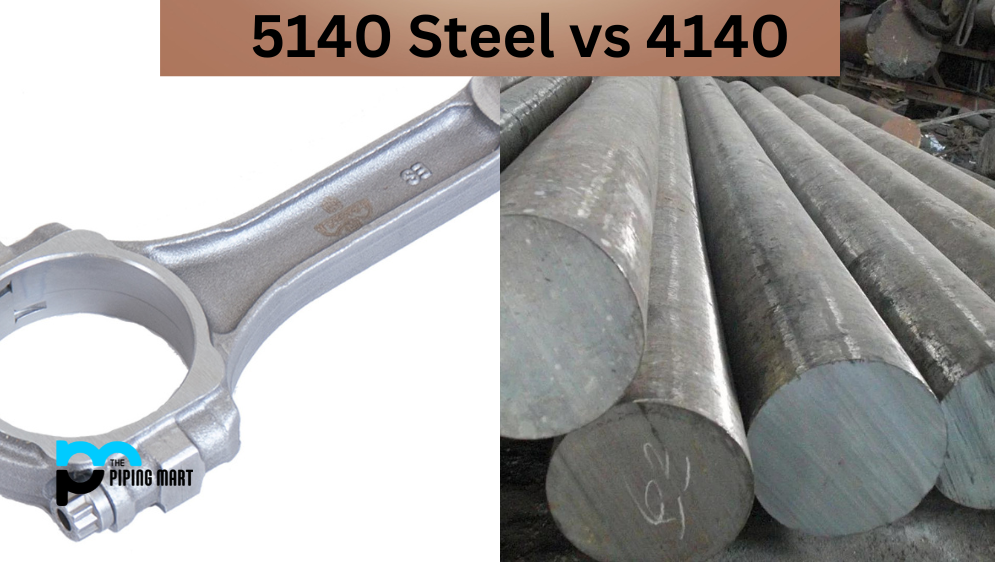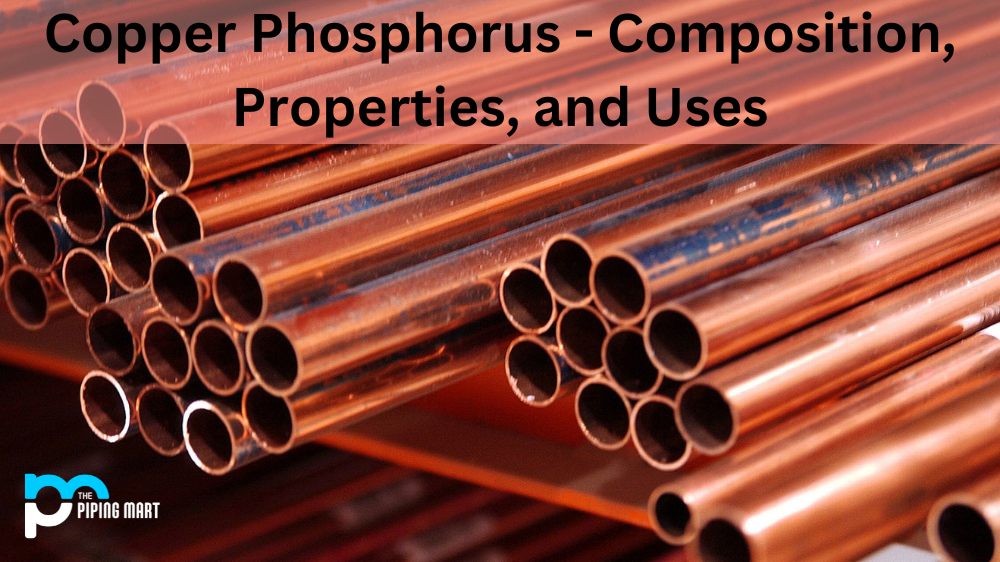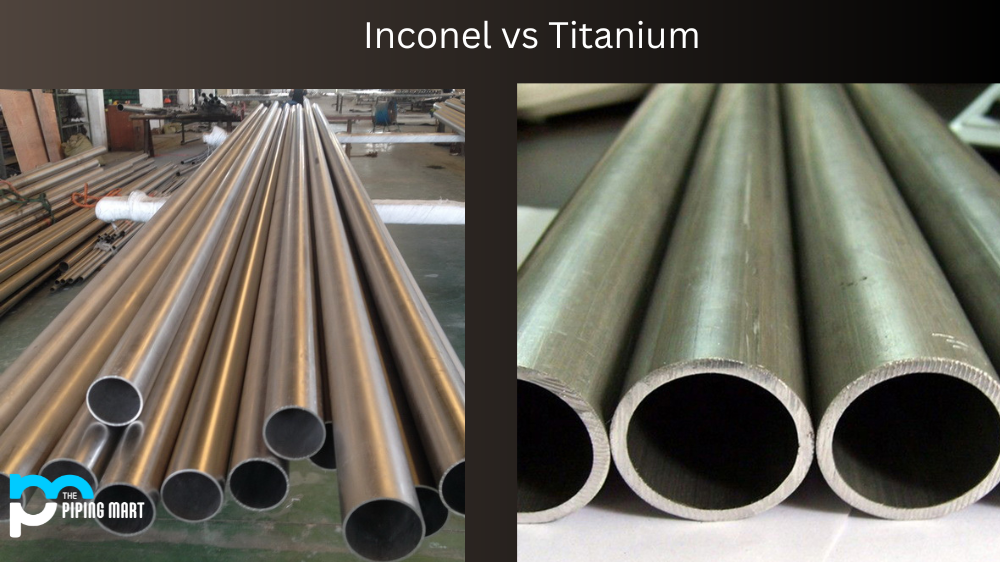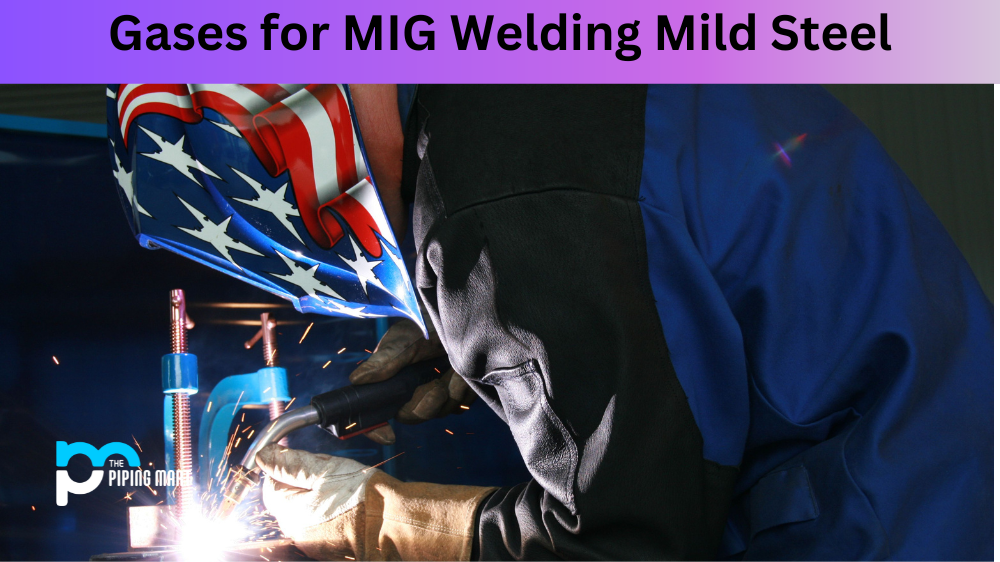Steel is a crucial material used in various industries, including construction, automotive, aerospace, and manufacturing. With different types of steel available in the market, it can take time to understand the differences and choose the right one for your application. Two commonly used steel grades are 5140 and 4140. While they may appear similar, they have distinct properties that make them suitable for different purposes. This blog post will explore the differences between 5140 and 4140 steel, their chemical compositions, strengths, and applications.
Difference Between 5140 Steel and 4140
Chemical Composition
One of the primary differences between 5140 and 4140 steel is their chemical composition. 5140 is a low-alloy steel that contains chromium, manganese, and carbon. Its chemical composition makes it an excellent choice for applications that require high strength and toughness, such as gears, shafts, and axles. On the other hand, 4140 steel is a medium carbon steel with chromium and molybdenum. Its chemical composition makes it ideal for applications that require high tensile strength, such as aircraft parts, ball bearings, and automotive components.
Strengths
Both 5140 and 4140 steel have impressive strength characteristics. However, their strengths differ depending on their chemical compositions and processing methods. 5140 steel has a high yield strength of around 570 MPa and a tensile strength of up to 780 MPa. 4140 steel has a yield strength of up to 460 MPa and a tensile strength of up to 850 MPa. Additionally, 4140 steel can be heat-treated to increase its hardness and strength, making it an excellent choice for applications that require high toughness and durability.
Applications
As mentioned, 5140 and 4140 steel are used in various industries for different applications. 5140 steel is commonly used in gears, shafts, and axles, requiring high strength and toughness. It is also used in construction and manufacturing processes. On the other hand, 4140 steel is used in aircraft parts, ball bearings, and automotive components that require high tensile strength and durability. Furthermore, 4140 steel is used in the oil and gas industry.
Processing Methods
Both 5140 and 4140 steel can be processed using similar methods, such as forging, machining, and welding. However, the processing methods for each steel grade will vary depending on their chemical composition and intended application. When processing 5140 steel, annealing is necessary to improve its toughness and machinability. On the other hand, 4140 steel requires heat treatment, such as quenching and tempering, to increase its strength and hardness.
Conclusion
In conclusion, the main difference between 5140 and 4140 steel lies in their chemical composition, strength characteristics, and applications. 5140 steel is a low alloy steel suitable for applications that require high strength and toughness, while 4140 steel is a medium carbon steel used in applications that require high tensile strength and durability. Understanding the differences between these steel grades is essential when choosing the right steel product for your specific application. Ultimately, 5140 and 4140 steel are reliable choices for various industries and applications, and their use depends on the project’s requirements.

A passionate metal industry expert and blogger. With over 5 years of experience in the field, Palak brings a wealth of knowledge and insight to her writing. Whether discussing the latest trends in the metal industry or sharing tips, she is dedicated to helping others succeed in the metal industry.




